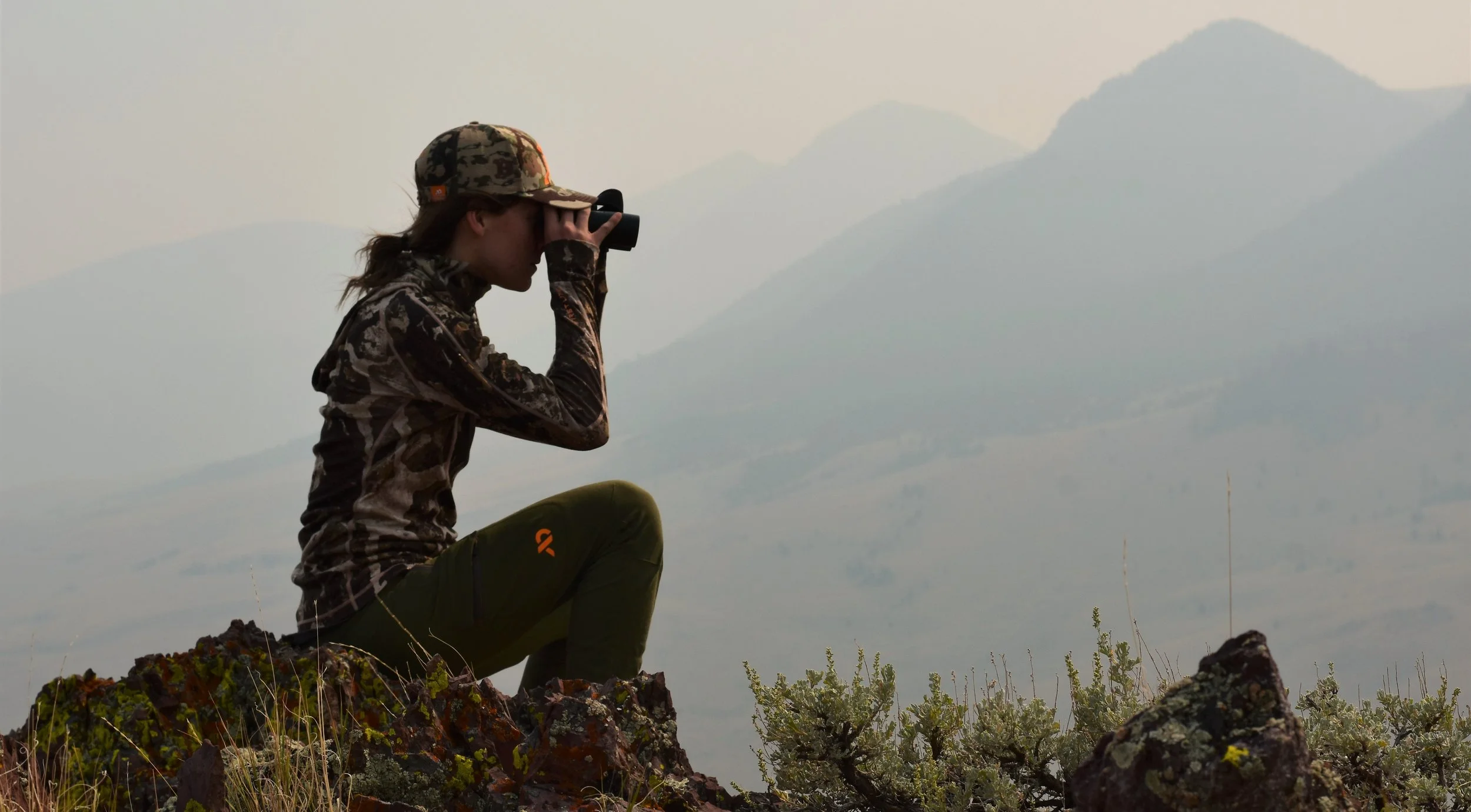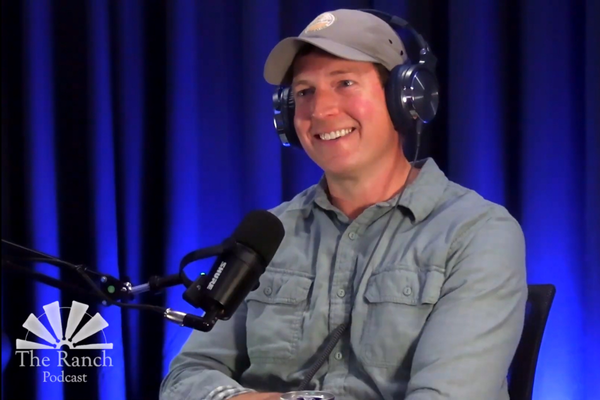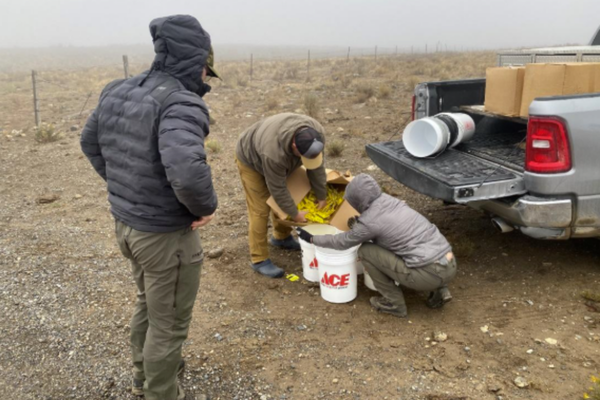Gov. Refuses to Sign Amended HB 658 , Allowing it to Become Law
View the Governor’s letter below for his reasons why he wouldn’t sign HB 658a.
The letter is worth a read. In it, the Governor addresses every concern IWF and law enforcement raised made throughout this bill’s journey. Here are some main points:
The Governor agreed with every testimony from proponents and opponents that the current trespass laws need fixing
There are still many legal and practical concerns with the verbiage of the bill
Innocent behavior, like mowing a foot onto your neighbors’ grass, can result in $500 fine
This “renewal of neighborly ways” will have a “chilling effect on recreationists, sportsmen”, and ironically even neighbors who don’t want to subject themselves to strict trespass laws
Even the Governor was refused input on the bill
You have to ask yourself, why? Why was there refusal to work together to create a good trespass bill that didn’t have all these negative aspects? The bill didn’t need any of the negative parts to ensure the good parts made it through. Every testimony was in favor of helping landowners. Despite any “laudable intent” of the bill, the unwillingness to collaborate resulted in a bill that law enforcement says may actually weaken trespass enforcement, and definitely affects recreation negatively. It was a poor lawmaking process.
So what does this all mean? On the bright side sportsmen ensured that Amended HB 658 looks drastically different from its original version, HB 536. For instance, oral permission will suffice for land entry rather than official, state-produced permission slips. “Conspicuous” posting requirements are far better than none (though this language may actually make trespass harder to enforce). These changes signify the growing influence of an organized sportsmen coalition in the statehouse. So, without input from sportsmen, we would have had a very different, much worse law.
Unfortunately with the passing of this law a hunter can still be sued for trespass, found innocent, and still need to pay for his/her legal defense. A young hunter can unknowingly cross a property line to retrieve a pheasant, and if the police are called, the law mandates that an arrest be made or at least a criminal charge be brought against the kid for the crime of trespass.
On a different but interesting note, IWF proposed a bill this legislative session to increase punishment and provide a civil remedy to better disincentivize those who mark public land as private and physically obstruct access on public roads and other right-of-ways. Our argument was similar to Rep. Boyle’s when she argued for HB 536, essentially, “people are getting away with it because the punishment isn’t strong enough.” There are documented cases of roads illegally blocking access to public lands, yet the guilty go unpunished. Our bill was shot down. As Governor Otter says in his letter, “Along with our reverence for private property, Idahoans love the freedom and opportunity that ready access to our public lands provides. We should not signal in our public policy that doing more to protect [private property] means doing less to protect [access to public lands].” If the legislature believes in this, then next year perhaps we protect public access as much as we protect private property.
Either way, remember to respect private property. Always ask for permission to hunt.






